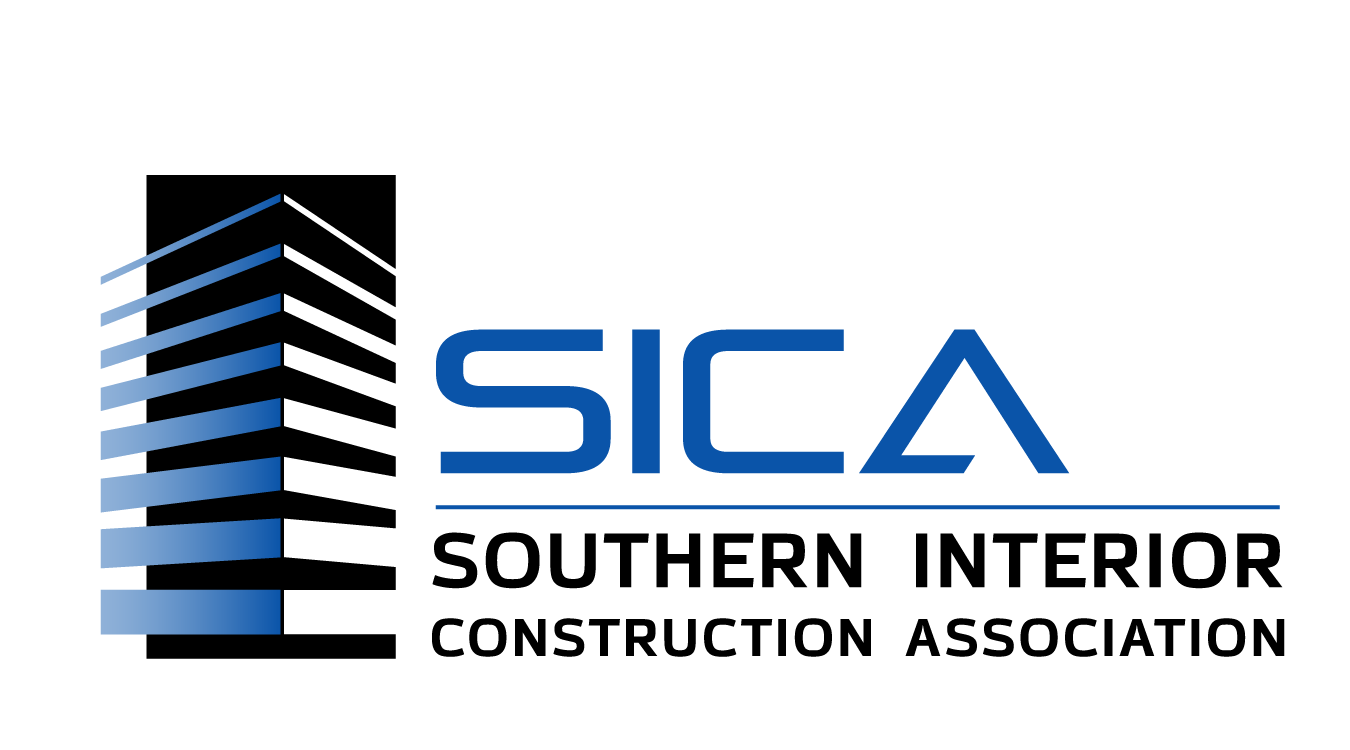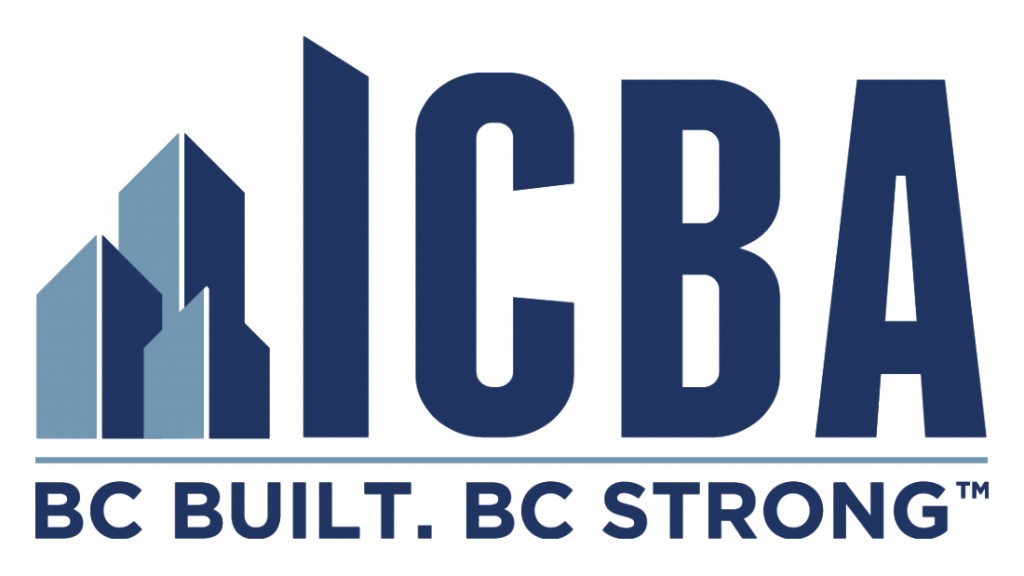The construction industry is more than just the structures it creates – it’s about the people who pour their skills, sweat, and dedication into building the foundations of our communities. But behind the hard hats and heavy machinery, there are individuals facing significant challenges, both physically and mentally, that are too often overlooked.
In this blog post, we explore the critical importance of prioritizing both worksite safety and mental health in construction. By addressing these essential topics, we hope to promote construction as a safe and rewarding career path while helping to reduce the stigma surrounding mental health struggles.
Mental Health in Construction
The construction industry is known for its high levels of stress – tight deadlines with long hours, physically demanding work, and a culture that often demands tough facades. These pressures can take a toll on workers’ mental health, leaving many to face significant struggles in silence.
Tragically, construction workers experience a suicide rate higher than most other sectors. While Canadian data remains scarce, the situation is widely recognized as urgent, echoing the need for greater support and understanding within the industry.
If you or someone you know is in crisis, please call, text, or chat 988, Canada’s suicide crisis helpline.
Breaking the Stigma
The good news is that the construction industry is beginning to change. More companies and workers are starting to recognize the importance of mental health, with initiatives like Construction Suicide Prevention Week making a profound difference. These efforts are helping to foster a culture of care where it once didn’t exist. As more organizations offer resources and encourage open conversations, we’re seeing real progress in breaking the silence around mental health struggles.
By offering access to mental health resources, promoting work-life balance, and encouraging open communication about struggles, companies are not only supporting their workers but also creating safer, more productive workplaces.
A Culture of Physical Safety

Ensuring physical safety on construction sites isn’t just about compliance – it’s about protecting the people who go to work every day to build the communities we all depend on. In environments where heavy machinery, heights, and other hazards are part of the job, it’s critical that we prioritize safety.
The tragic 2021 crane collapse in Kelowna, which resulted in the loss of multiple lives, is a heartbreaking reminder of these dangers. This devastating event affected many in our community, and it deepens our commitment to safety standards, training, and regulations to protect every worker.
Key Elements of a Strong Safety Culture:
- Comprehensive Safety Training: Workers should receive thorough training on hazard identification, safe work practices, and emergency procedures.
- Proper Protective Equipment (PPE): Enforcing the use of appropriate PPE, such as hard hats, safety glasses, and harnesses, is essential.
- Regular Inspections and Maintenance: Routine checks of equipment and worksites can prevent accidents before they happen.
When these practices are implemented effectively, workers can feel confident and secure on the job.
Safety Organizations in BC
Safety organizations play a vital role in upholding safety standards within BC’s construction industry. They provide essential resources, training, and regulatory oversight to ensure that construction sites remain as safe as possible.
BC Crane Safety
Specializing in crane safety, BC Crane Safety offers certification programs for crane operators, conducts inspections, and provides valuable resources to promote safe crane operation. Their primary mission is to prevent crane-related accidents and protect both workers and the public.
BC Construction Safety Alliance (BCCSA)
The BCCSA is a non-profit organization dedicated to improving safety performance in the construction industry in British Columbia. They offer a wide range of safety training programs, resources, and services to help construction companies and workers create safer worksites.
WorkSafeBC
WorkSafeBC, the province’s workers’ compensation board, oversees and enforces workplace health and safety regulations. They provide workers’ compensation insurance, conduct inspections, and develop safety guidelines to prevent workplace injuries and illnesses. As the regulatory body for workplace safety in BC, they play a critical role in ensuring safe practices across industries.
These organizations are key to fostering safer worksites and supporting the health and well-being of workers
Chriscan’s Commitment to Well-being
At Chriscan, we believe that the well-being of our employees is the foundation of our success. It’s not just about following regulations – it’s about ensuring that every worker feels supported, both physically and mentally. We are committed to fostering an environment where safety is a shared responsibility, and where mental health is prioritized just as much as physical safety. Our team is at the heart of everything we do, and we will always strive to protect their health, happiness, and future.
Our Safety Practices Include:
- Mandatory safety training for all employees
- Regular site inspections and hazard assessments
- Strict adherence to the latest safety regulations and best practices
- Providing and enforcing the use of appropriate PPE for everyone that is working on or visiting a job site
Building a Better Future

By prioritizing both worksite safety and mental health, we can make a meaningful difference in the lives of construction workers and the industry as a whole. This is not just a professional duty, it’s a collective responsibility to support the individuals who build our world.
Together, we can build a stronger, safer, and more supportive future for everyone involved.








